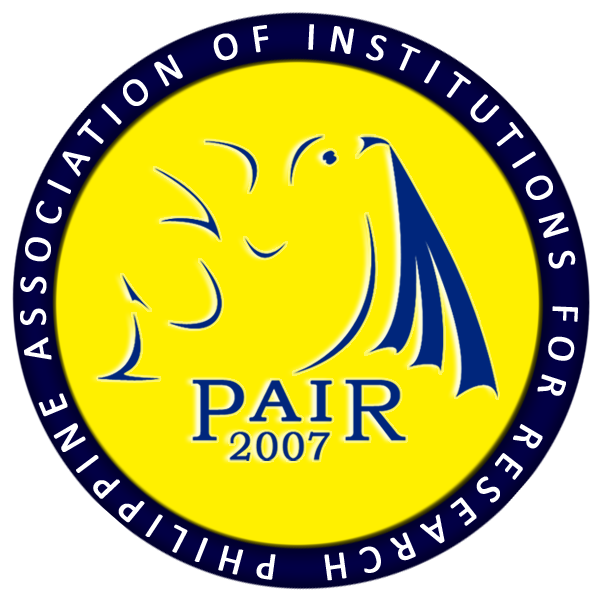Coping Mechanisms of Mainstreamed Learners
DOI:
https://doi.org/10.7719/jpair.v50i1.695Keywords:
Social Science, mainstreamed learners, COVID-19, learners with disabilities, mixed-methods, PhilippinesAbstract
The Corona Virus Disease (COVID)-19 pandemic caused the implementation of distance learning that deprived learners of regular school routines (oecd.org). This mixed-methods research evaluated the coping mechanisms of mainstreamed learners, the recommendations of the parents and learners, and the program that can be implemented to improve the implementation of mainstreaming learners with disabilities (LWDs). Results revealed that LWDs exhibited low avoidance and rebellious characteristics but high reconciliation and determination indicators. The focus group discussion verified the instructional-related challenges encountered. Mainstreamed students have a strong drive to cope with instructional-related challenges. To improve instructional issues, schools should contextualize lessons, especially in Mathematics. Video lessons should be available. The partnership between teachers and parents must be strengthened, and family support initiatives must be intensified. The researcher's framework, Rx Education for the Mainstreamed in Time of Pandemic, can be implemented, which involves Medical Assessment, Classhome Readiness, Creative Instruction, and Progress Monitoring. Conduct of annual medical assessments and regular monitoring by experts like Psychologists and Physical and Psychotherapists for the learners' well-being should be in place. The study's results suggest significant implications and references for educators and policymakers.
Downloads
References
Attard, A. (2022). Repressing emotions: 10 ways to reduce emotional avoidance. Positive Psychology. https://positivepsychology.com/repress-emotions
Downloads
Published
Issue
Section
License
Copyright (c) 2022 Jeremy A. Cruz

This work is licensed under a Creative Commons Attribution-NonCommercial 4.0 International License.
Open Access. This article published by JPAIR Multidisciplinary Research is licensed under a Creative Commons Attribution-Noncommercial 4.0 International (CC BY-NC 4.0). You are free to share (copy and redistribute the material in any medium or format) and adapt (remix, transform, and build upon the material). Under the following terms, you must give appropriate credit, provide a link to the license, and indicate if changes were made. You may do so in any reasonable manner, but not in any way that suggests the licensor endorses you or your use. You may not use the material for commercial purposes.




















